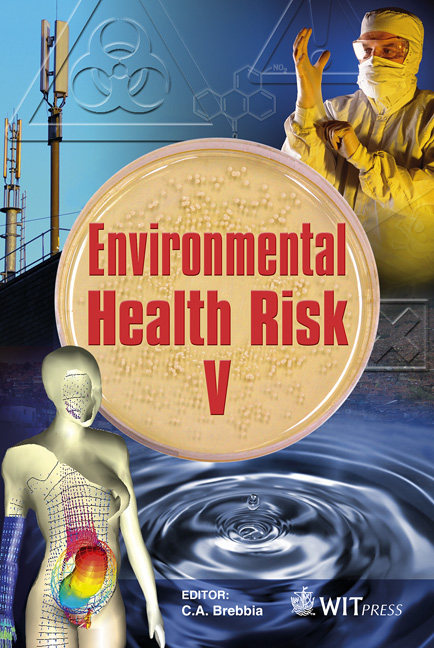Influence Of The Vinasse Application In Sugar Cane Fields In Patrocínio Paulista, São Paulo State, Brazil
Price
Free (open access)
Transaction
Volume
14
Pages
12
Page Range
113 - 124
Published
2009
Size
772 kb
Paper DOI
10.2495/EHR090111
Copyright
WIT Press
Author(s)
A. Waal, J. R. Jiménez-Rueda, D. M. Bonotto, C. Bertelli, H. M. Hoffmann, E. Foβhag & M. Santilli
Abstract
This investigation was carried out in Patrocínio Paulista municipality, located in the state of São Paulo, Brazil. Sugarcane has been extensively cultivated in the area in order to be utilized by the sugar and ethanol industries. The major effluent from the ethanol industry, vinasse, has been applied in the sugarcane fields as an alternative to supply several nutrients in crop production. Because it may represent a major environmental problem in that area, with implications to human health, soil samples from six points were collected and analyzed in order to evaluate the main factors related to the vinasse application in the ground. The importance of clays, iron oxides, organic matter and minor refractory minerals was also considered for explaining several relationships identified from the acquired data. Keywords: soil contamination, vinasse, sugar and alcohol production, 40K radioactivity, sugar cane fields, São Paulo State.
Keywords
soil contamination, vinasse, sugar and alcohol production, 40K radioactivity, sugar cane fields, São Paulo State





